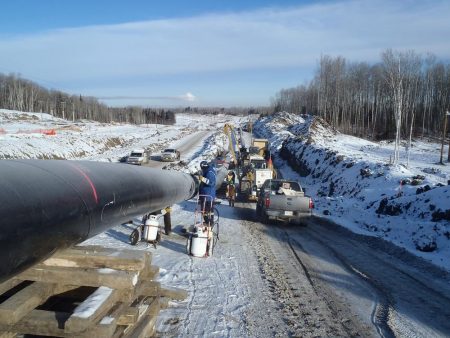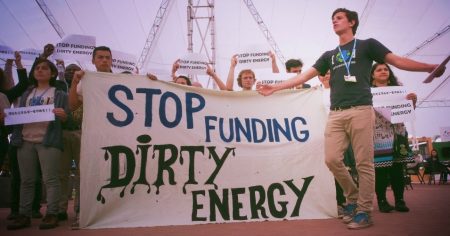October 13, 2016 – This week we witnessed the opening salvo in a new and escalating war against fossil fuels. Environmental activists penetrated five major pipelines and shut off the flow of oil. They activists go by the name Climate Direct Action. On Facebook and the web they go by the name Shut-it-Down and they are actively raising money to fund civil disobedience. Their demands, “courageous leadership in this time of climate cataclysm.”
Greenpeace is the best known environmental civil disobedience organization on the planet today. They have occupied drill rig platforms, scaled the towers of petrochemical plants, intercepted Japanese “scientific” whaling expeditions, and have made the companies that produce genetically modified seeds a target of their activities.
Greenpeace and Climate Direct Action are the forerunners of what may soon become an all out war against oil companies. On university and college campuses students are demanding their schools endowment funds get rid of fossil fuel company investments. Internet-based movements like 350.org, Avaaz.org and Citizens’ Climate Lobby are marshaling and training volunteer protestors to go after governments that don’t take environmental action to reduce fossil fuel use.
And as climate scientists report rising mean average temperatures and increasing amounts of carbon dioxide and other greenhouse gases in the atmosphere, the conversations are becoming more heated and rhetoric is being replaced by direct action.
Bill McKibben, the co-founder of 350.org wrote a piece in The New Republic in which he stated “World War III is well and turly underway.” And the war he speaks of is not metaphorical. It is a war against climate change and a war against the incremental, minimalist policies that current governments are taking to reduce the rise in greenhouse gases in our atmosphere. McKibben is not talking about the activism and civil disobedience which 350.org is using to make the issue of climate change front and centre for all humanity. But in fact his organizing of 350.org demonstrations has a similar feel to those civil protests of the 1960s and 70s that eventually ended the war in Vietnam. McKibben isn’t specifically calling for the kind of action that the Shut-it-Down group carried out this week but his words such as “driving a stake through a fossil-fueled world” ignite the flame of civil insurrection as an only recourse against an industry that pays lip service if not utterly ignores climate change. It is Bill McKibben who describes the actions of government on the climate file as “zombie-like.”
In an article that appeared in The Guardian back in January of this year, Suzanne Goldenberg wrote about the Doomsday Clock being stuck near midnight not just because of the threat of nuclear war but also because of current and future climate change. She states “the clock ticks now at just three minutes to midnight because international leaders are failing to perform their most important duty.” She states that scientists are pointing to the lack of political leadership as the challenge of our age. One of the few in the political world who is attempting the conversion of his state to a low carbon future is Jerry Brown, Governor of California. He states, “climate change is moving slowly but tipping points are around the corner and you don’t know when you are going to reach one.” But Jerry Brown is practically alone in passing meaningful legislation to curb greenhouse gases. Much of the rest of political leadership continues to take small steps, if any at all, to address the threat.
Before the convening of the conference in Paris last fall, Michael T. Klare wrote in The Nation, that failure to cap carbon emissions would lead to insurrection and warfare around the planet. Even the American military has developed contingency plans to deal with the certainty of wars derived from inaction on climate change leading to diminishing resources such as food and water.
But none of the above have forecast that lack of action on climate change is a harbinger for civil disobedience and guerilla warfare against oil pipelines and oil infrastructure. This is an incremental step past civil disobedience protests such as those that erupt at G7 and G20 summits with regularity. It is a statement of a number of those in the younger generation who feel their future is being diminished by willfully blind leadership when it comes to addressing climate change.












